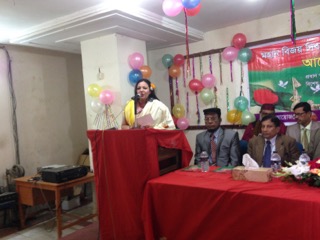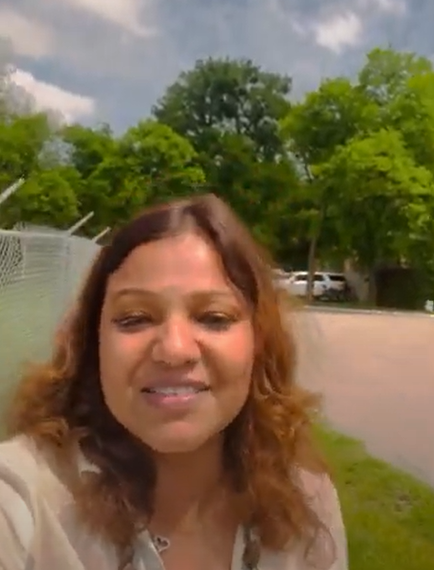Mobile services in Indian-administered Kashmir have been restored 72 days after they were suspended.
The Indian government suspended mobile phone connections, landlines and internet in the region before stripping it of its partial autonomy on 5 August.
An estimated four million mobiles have once again become operational, but prepaid connections have not yet been restored.
Internet services, however, continue to be suspended in the region.
Officials said 80% of landline phones have been working since last month, but many people do not even have landline connections.
Users on social media expressed relief at being able to get in touch with family and friends in and out of Kashmir after more than two months.
Dr Syed Zahoor Geelani in Ganderbal district said his mobile service began to work at noon local time on Monday.
“My first call was to my wife but I couldn’t get through at the time because her provider hadn’t restored services yet,” he told the BBC.
“But my relatives in Hyderabad were able to call me and I spoke to them,” he added.
The communications blockade has also hurt the region’s economy – a range of businesses, from IT services to trade, struggled to operate without access to mobile phone services or the internet.
The Kashmir Chamber of Commerce and Industry estimates the shutdown has cost the region more than $1.4bn (£1.13bn), and thousands of jobs have been lost.
The government’s decision to revoke Kashmir’s special status sparked protests in the Muslim-majority valley, some of which turned violent with incidents of stone-throwing being reported from various districts. But the government has maintained that the region has been largely calm.
Article 370, as the constitutional provision guaranteeing special status was known, allowed the region a certain amount of autonomy, including special privileges in property ownership, education and jobs. This provision had underpinned India’s often fraught relationship with Kashmir.
Source: BBC






















